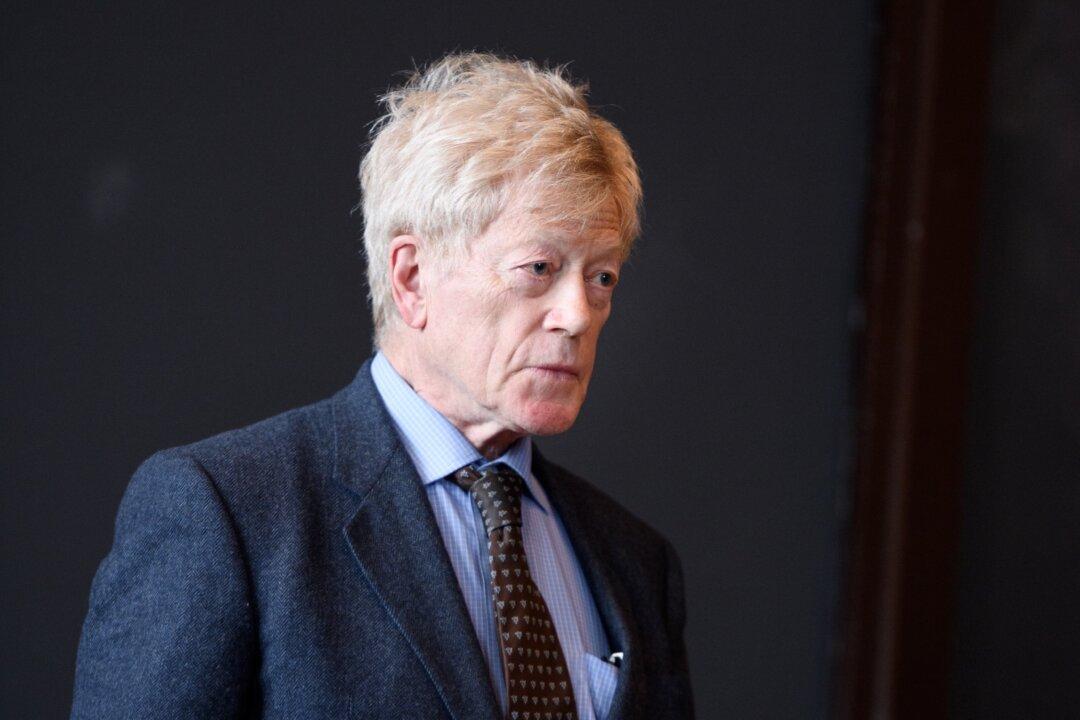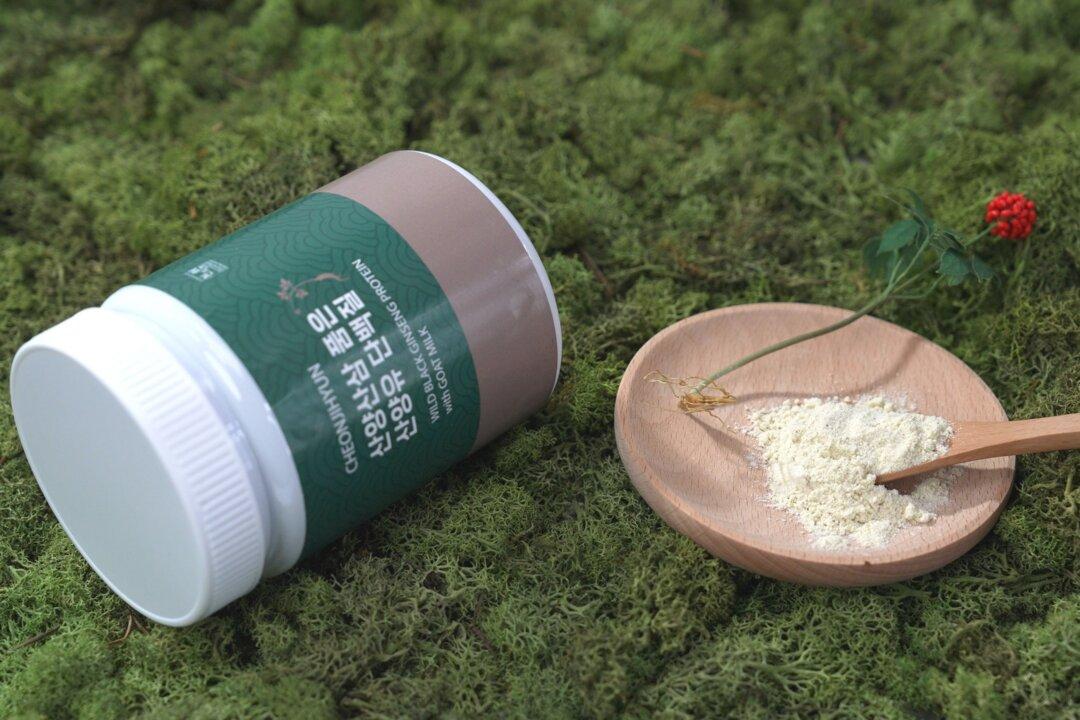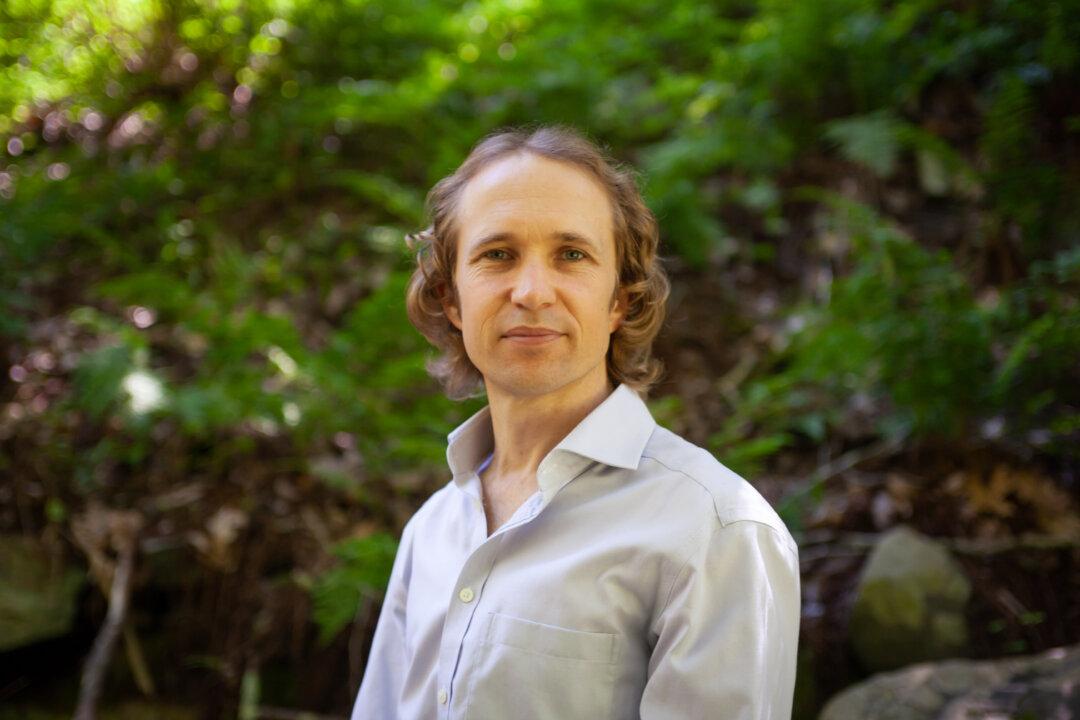A sculptor told me recently that Sir Roger Scruton’s documentary “Why Beauty Matters” had a profound effect on his life and career as an artist. I watched it and couldn’t agree more with Scruton.
“Beauty matters. It is not just a subjective thing but a universal need of human beings,” Scruton says.





